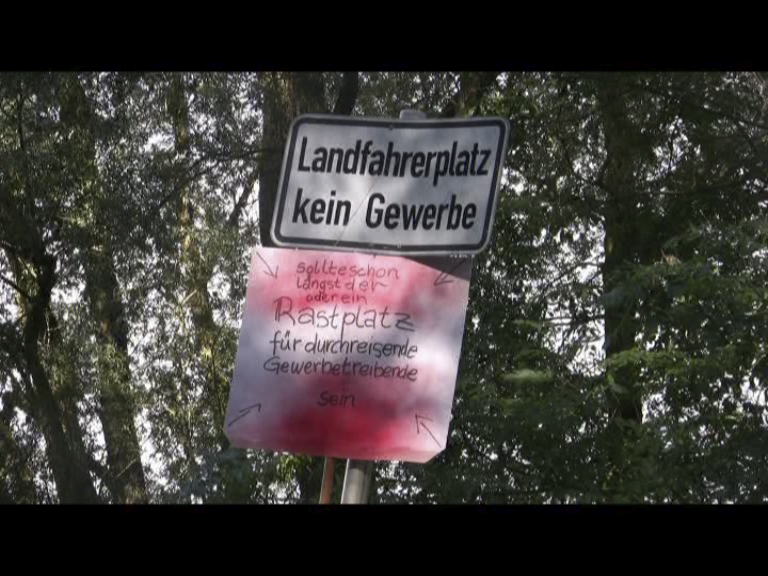Is “Sorry” Enough?
Participatory workshop with Suzana MILEVSKA (Fellow)

The research part of Suzana MILEVSKA’s project Ethical and Aesthetical Protocols of Apology will be rounded out with a participatory workshop to take place on Friday, 1 April 2022, 16.00-19.00 at Künstlerhaus Büchsenhausen. The workshop will focus on the intersection of person-to-person apologies with public and collective apologies issued by institutions, governments or other political bodies. The workshop takes place in the wake of the #metoo movement, in parallel to the frequent public apologies expressed by various political leaders, either for their own misconducts or on behalf of the previous governments for the wrongdoings from the distant past, apologies that address various communities and peoples whose rights have been violated in severe ways. Ongoing calls for the long-overdue return of appropriated land, renaming of relevant monuments, buildings or toponyms, calls for return, repatriation, restitution or reparation for looted objects, buildings and other properties and other harms, will be starting points and motivation to reflect on various protocols of apology. Some of the questions to be tackled in the context of the workshop are: What do we expect today from apologies in general? Are they overrated? Does apology serve only as “anaesthetic”, as stated by Seraphine APPEL in the second part of the event series? What comes after an apology, and what happens if it is omitted? Is there another way to compensate for the missed opportunities to express remorse and ask for forgiveness?
The workshop session is imagined as a kind of “apology lab”: in an intimate setting (no streaming), the participants are invited to join and share their professional opinions about the relevance of apology today, and, optionally, to exchange their personal experiences of the social and emotional powers of apology. The discussion will try to unravel the importance of timing, wording and other details that condition any successful apology. Eventually, the discussions will contribute to creating a discursive map of “apologoscapes”.
REGISTRATION
If you would like to participate in drafting the map of multi-layered personal and geopolitical apologoscapes, write to office(at)buchsenhausen.at. In addition to your contact details, please send us a short paragraph describing your professional interests and which aspect(s) of apology motivated your interest to participate in the workshop (personal apology, collective and/or political apology, public apology in the context of popular culture, etc.). Participation is free, but slots are limited. We appreciate your interest!
Suzana Milevska is a curator and theorist of art and visual culture, based in Skopje, North Macedonia. Her theoretical research projects employ postcolonial and feminist institutional critique of representational regimes of hegemonic power in arts and visual culture, and the deconstruction and decolonization of contentious cultural heritages in art institutions, collections, and public spaces. Her curatorial projects focus on collaborative and participatory art practices, feminist projects by women artists looking at visual microhistories in historic and family photographic archives, and community-based projects in solidarity with marginalized and disenfranchised communities.
In 2019, Milevska curated the exhibition Contentious Objects/Ashamed Subjects at the Polytechnic University Milan as Principal Investigator of TRACES – Transmitting of Contentious Cultural Heritages with the Arts – From Intervention to Co-production (EU Programme Horizon 2020, 2016-2019). From 2013 to 2015, she was Endowed Professor of Central and South Eastern European Art Histories, Academy of Fine Arts Vienna. Milevska was a Fulbright Senior Research Scholar (Library of Congress, Washington D.C.). She holds a PhD in Visual Cultures from Goldsmiths College London. In 2012, she won the ALICE Award for Political Curating, and the Igor Zabel Award for Culture and Theory. Her research and curatorial project The Renaming Machine (2008-2011, Ljubljana, Skopje, Pristina, Zagreb, Vienna) addressed the politics and aesthetics of renaming, rewriting histories, and the overwriting of memory in art and public space in South and Eastern Europe. In 2010, Milevska initiated the project Call the Witness that focused on contemporary Roma artists and consisted of a participatory online Roma Media Archive, the exhibition Call the Witness, (BAK Utrecht), and the Roma Pavilion at 54 Venice Biennial (Palazzo Zorzi, Venice). In 2011, she also curated the project Roma Protocol, Wiener Festwochen, Austrian Parliament, Vienna.
Milevska’s publications include Gender Difference in the Balkans (VDM Verlag, 2010) and the readers The Renaming Machine: The Book (P.A.R.A.SI.T.E. Institute, 2010), On Productive Shame, Reconciliation, and Agency (SternbergPress, 2016), and Inside Out – Critical Discourses concerning Institutions (co-edited with Alenka Gregorič, 2016).
Location
Künstler:innenhaus Büchsenhausen